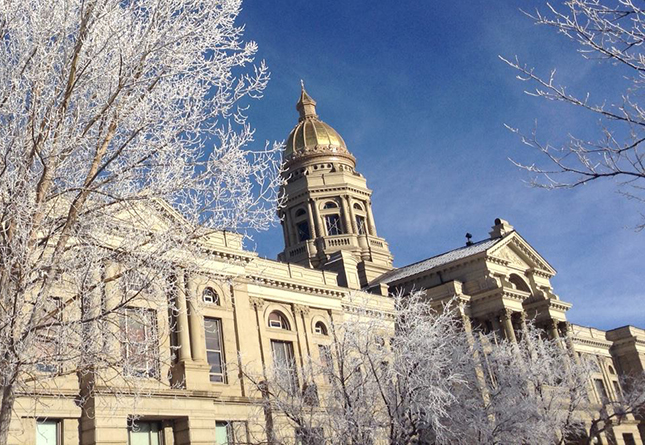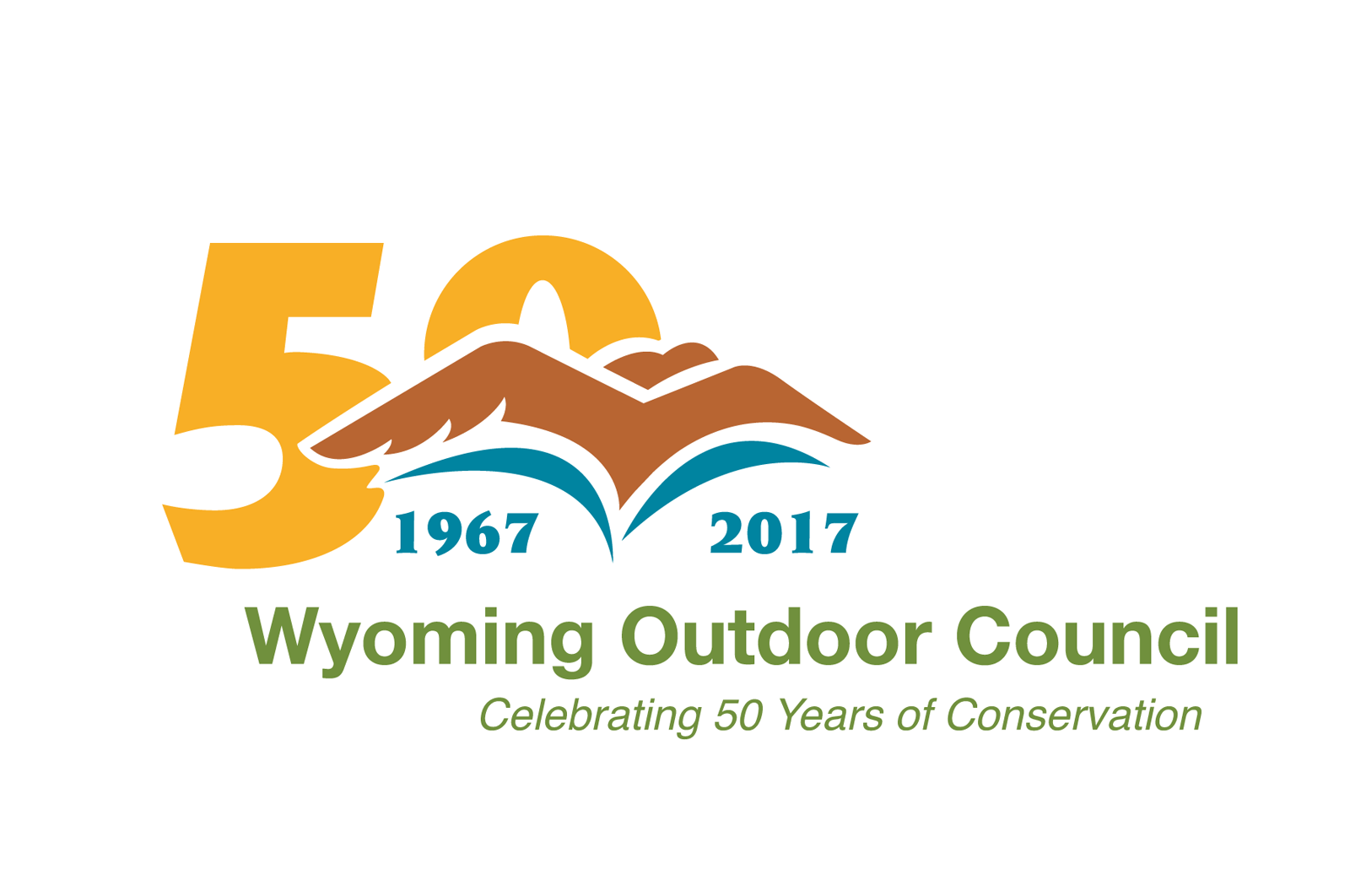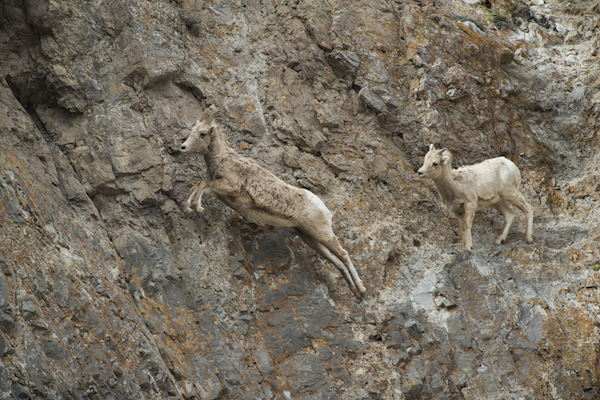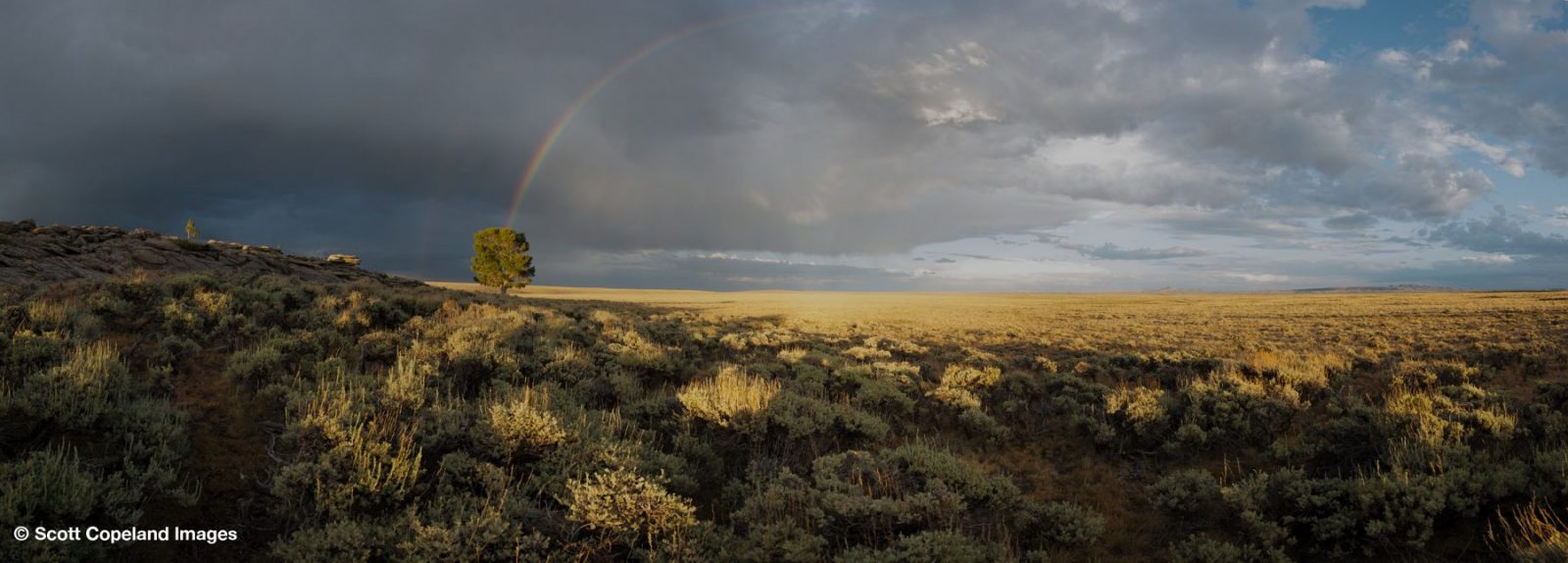[et_pb_section bb_built=”1″][et_pb_row][et_pb_column type=”4_4″][et_pb_text _builder_version=”3.0.67″ background_layout=”light” text_orientation=”left” border_style=”solid”]
The Wyoming State Legislature is continuing their important interim committee meetings on wildlife, recreation, public lands, and energy topics throughout the state, with their first stop in Fremont County on Tuesday and Wednesday, Aug. 29–30. This is a great opportunity to directly engage with lawmakers as they develop draft legislation.
Over the course of two days in Lander, the Joint Travel, Recreation, Wildlife and Cultural Affairs committee will cover the cover the following topics:
- prohibiting the sale of GIS wildlife locational data for hunting
- special antelope hunts (such as Lander’s One Shot and a similar woman’s hunt)
- confidentiality of sensitive wildlife information and data
- other wildlife topics
- a report from the Bicycle and Pedestrian System Task Force
- Wyoming State Parks
- a report from the Governor’s Outdoor Recreation Task Force
The hunting and wildlife topics are scheduled for Tuesday morning, and the others are scheduled for Wednesday morning.
[/et_pb_text][et_pb_blurb admin_label=”Interim Meeting” _builder_version=”3.0.67″ url_new_window=”off” use_icon=”off” use_circle=”off” use_circle_border=”off” icon_placement=”top” use_icon_font_size=”off” background_layout=”light” body_text_color=”#007ea9″ border_style=”solid” animation=”top” text_orientation=”center” border_color=”#006699″ body_font_size=”16″]
— Tuesday, August 29 and Wednesday, August 30 —
Both meetings will start at 8 a.m. each morning
Inn at Lander
260 Grandview Drive
Lander, WY 82520
[/et_pb_blurb][et_pb_text _builder_version=”3.0.67″ background_layout=”light” text_orientation=”left” border_style=”solid”]
There is opportunity for public comment at the end of each topic, or, you can just come and observe. We urge you to attend, chime in when you want, and support the recommendations of the Governor’s Outdoor Recreation Task Force. (Gary Wilmot, our executive director, has been co-chair of that group.)
This is your government and we encourage you to be involved! You can find agendas for the meetings as well as background materials and draft bills below.
[/et_pb_text][et_pb_button _builder_version=”3.0.67″ button_text=”Meeting Agendas” button_url=”http://legisweb.state.wy.us/interimCommittee/2017/06AGD0829.pdf” url_new_window=”on” button_alignment=”center” background_layout=”light” custom_button=”off” button_letter_spacing=”0″ button_icon_placement=”right” /][et_pb_button _builder_version=”3.0.67″ button_text=”More Information” button_url=”http://legisweb.state.wy.us/InterimCommittee/2017/06INDEX0829.pdf” url_new_window=”on” button_alignment=”center” background_layout=”light” custom_button=”off” button_letter_spacing=”0″ button_icon_placement=”right” /][et_pb_text _builder_version=”3.0.67″ background_layout=”light” text_orientation=”left” border_style=”solid”]
Outdoor Council staff will be in attendance to testify on several of these topics, and we are hosting an informal information session prior to this meeting (details below). Feel free to stop by and join us for a cup of coffee, hear more about the meeting, and ask questions—we’re happy to fill you in!
[/et_pb_text][et_pb_blurb admin_label=”Informal Coffee” _builder_version=”3.0.67″ url_new_window=”off” use_icon=”off” use_circle=”off” use_circle_border=”off” icon_placement=”top” use_icon_font_size=”off” background_layout=”light” body_text_color=”#007ea9″ border_style=”solid” animation=”top” text_orientation=”center” border_color=”#006699″ body_font_size=”16″]
— Tuesday, August 29 at 7 a.m.—
Informal coffee with the Outdoor Council
Summit Restaurant
Inn at Lander
260 Grandview Drive Lander, WY 82520
[/et_pb_blurb][/et_pb_column][/et_pb_row][/et_pb_section]










